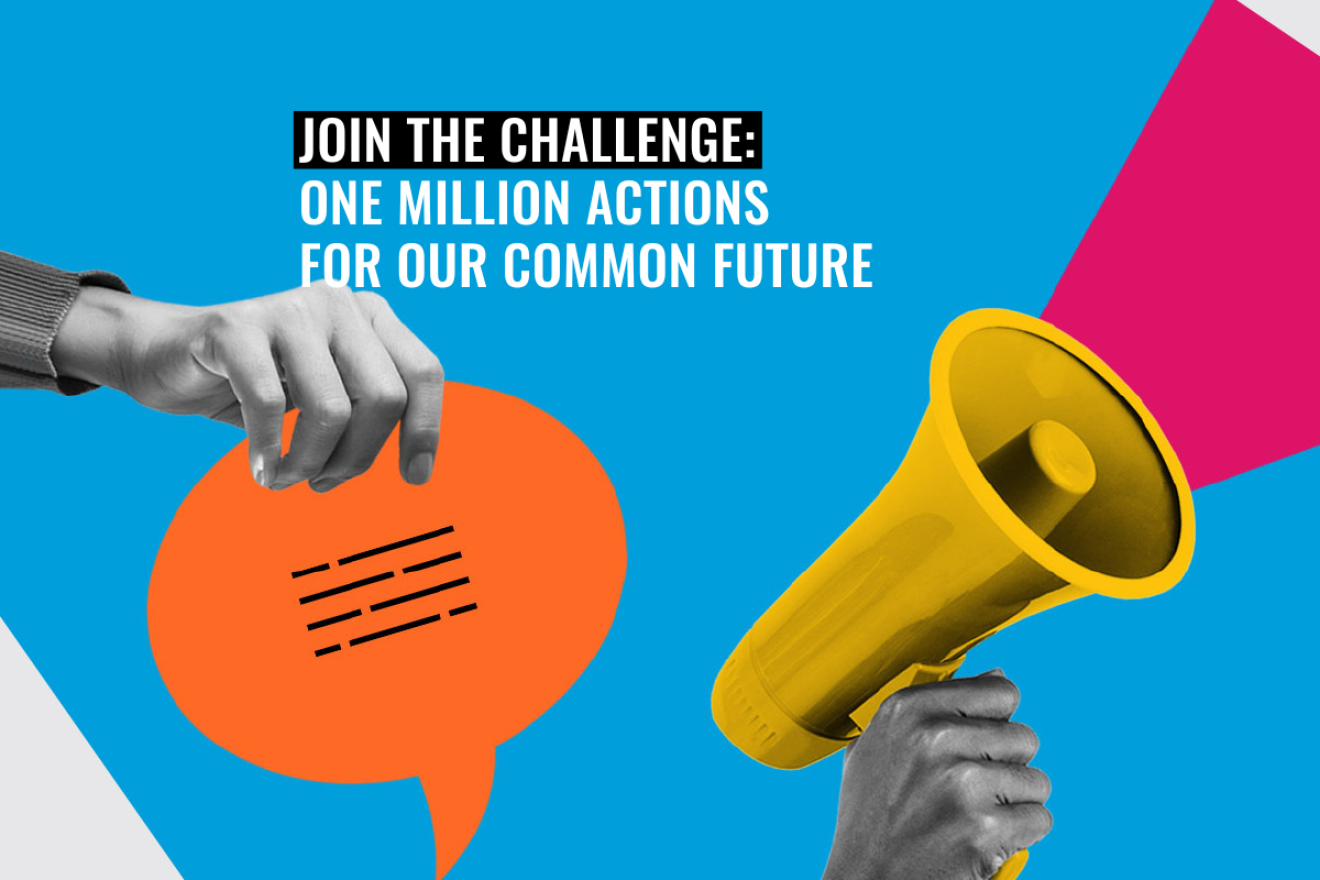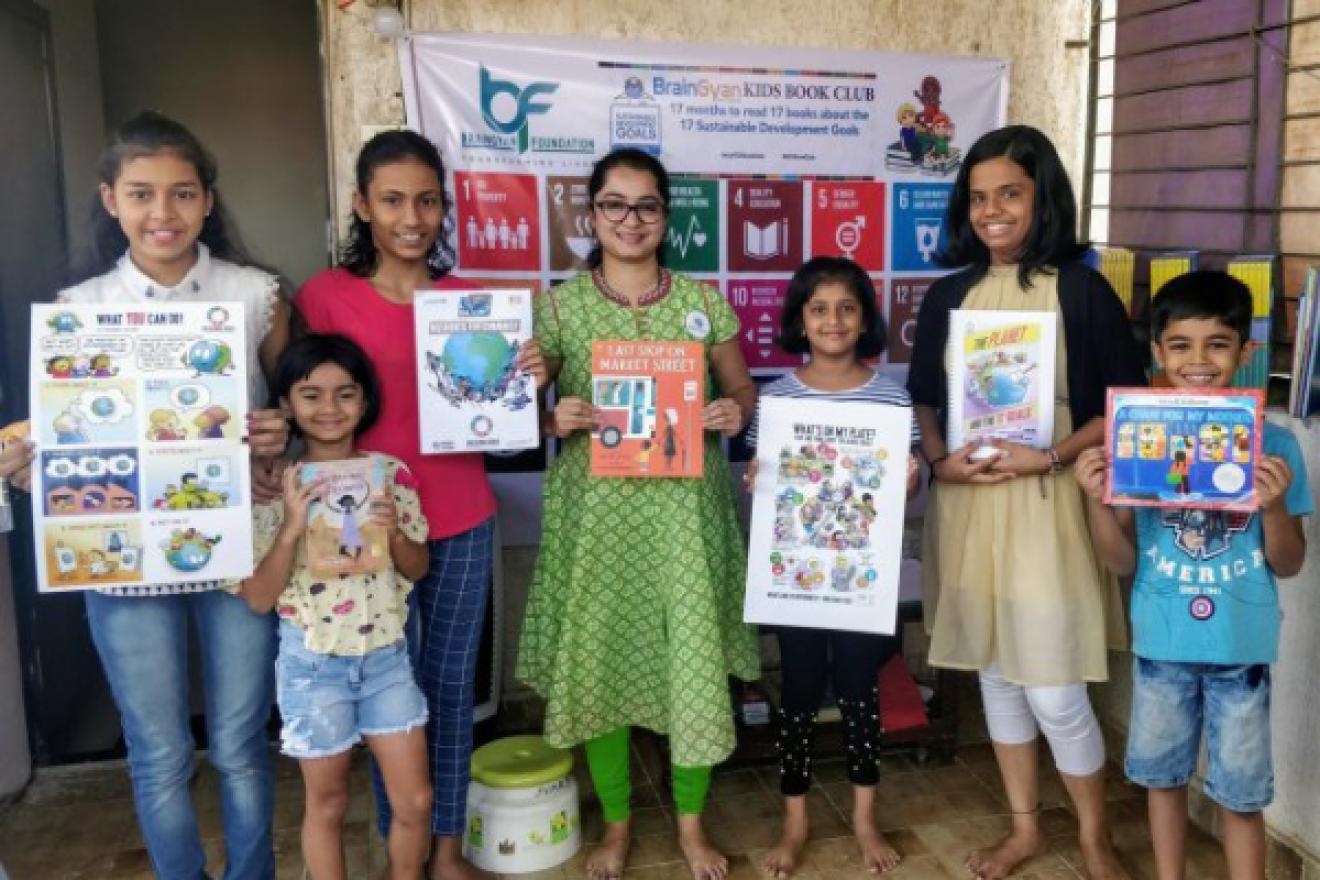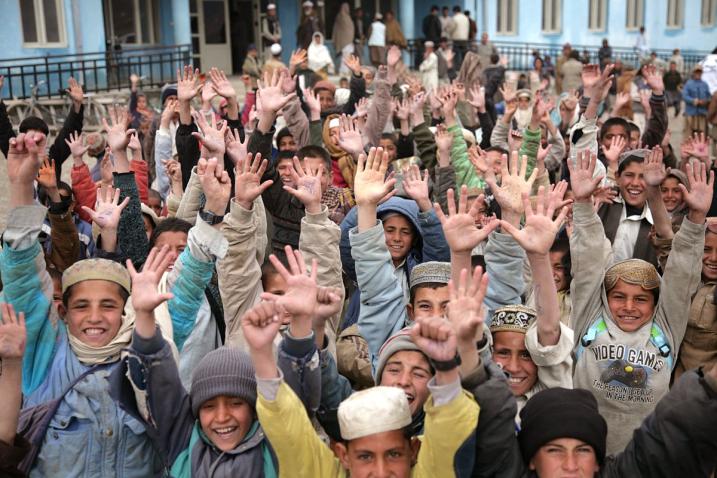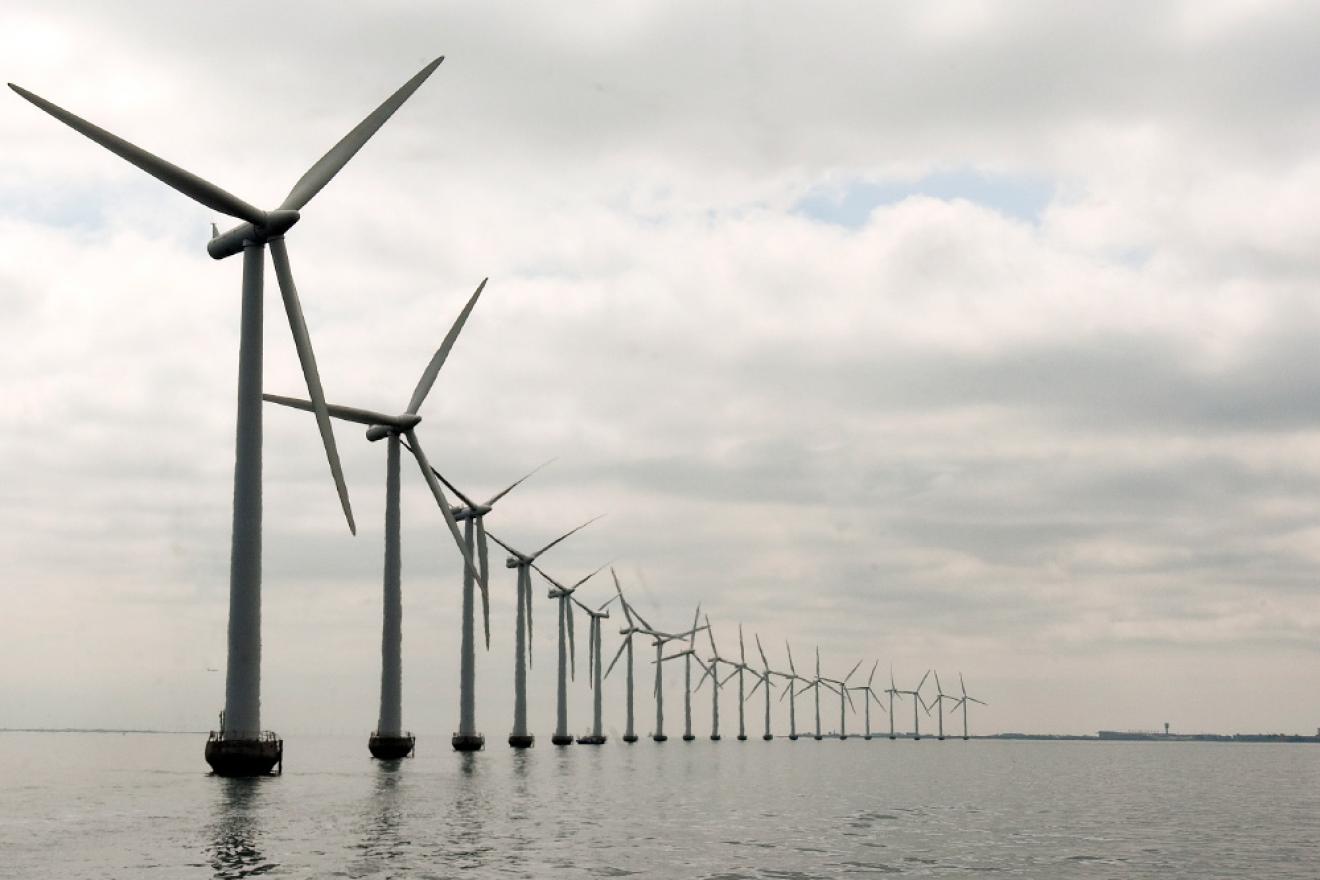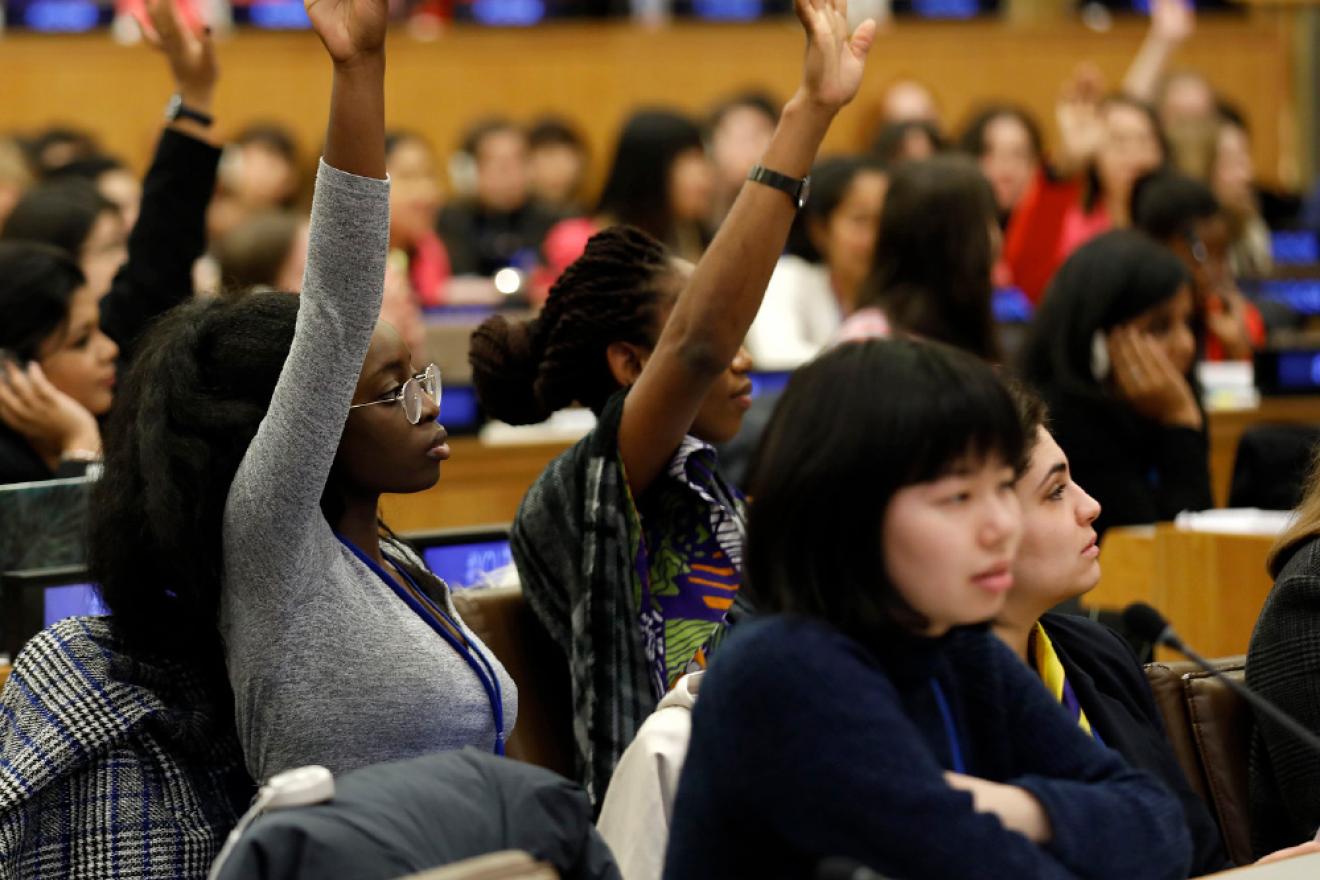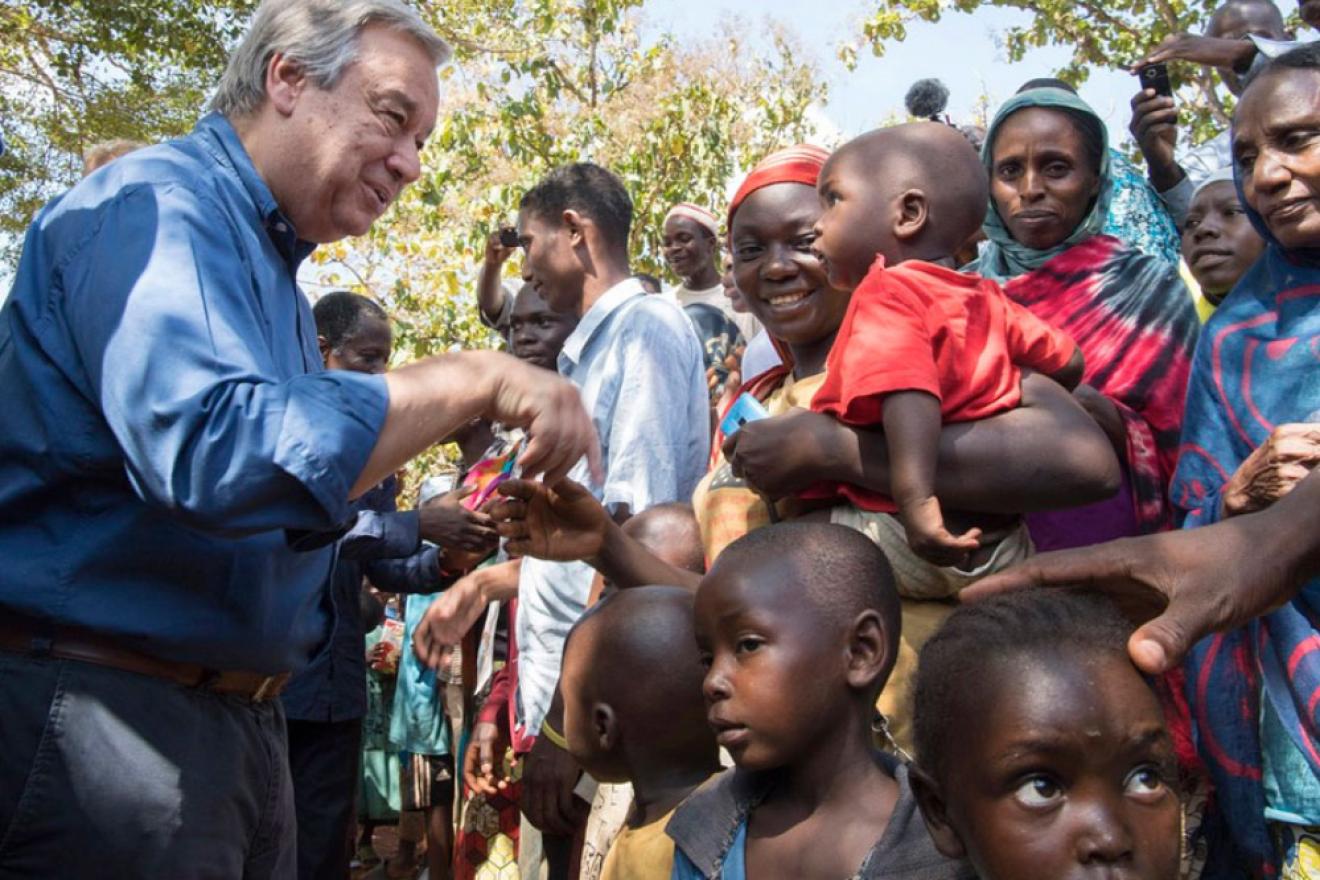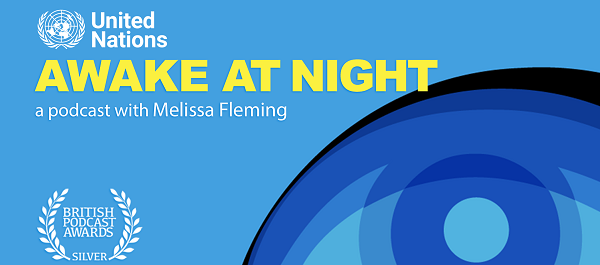The Goals can improve life for all of us. Cleaner air. Safer cities. Equality. Better jobs. These issues matter to everyone. But progress is too slow. We have to act, urgently, to accelerate changes that add up to better lives on a healthier planet. Find new inspiring actions on the app and at un.org/actnow.
UNGA at 80: From 1946 to Our Future
Eight decades ago, representatives of 51 nations came together for a moment that would reshape global cooperation, the very first session of the United Nations General Assembly, held at Methodist Central Hall in London. To mark this milestone and look ahead to the future of global cooperation, the United Nations Association–UK hosts a conference (17 January) at the same historic venue, with speeches and panels focused on practical reforms and a stronger multilateral system and the participation of the UN Secretary‑General, António Guterres.





